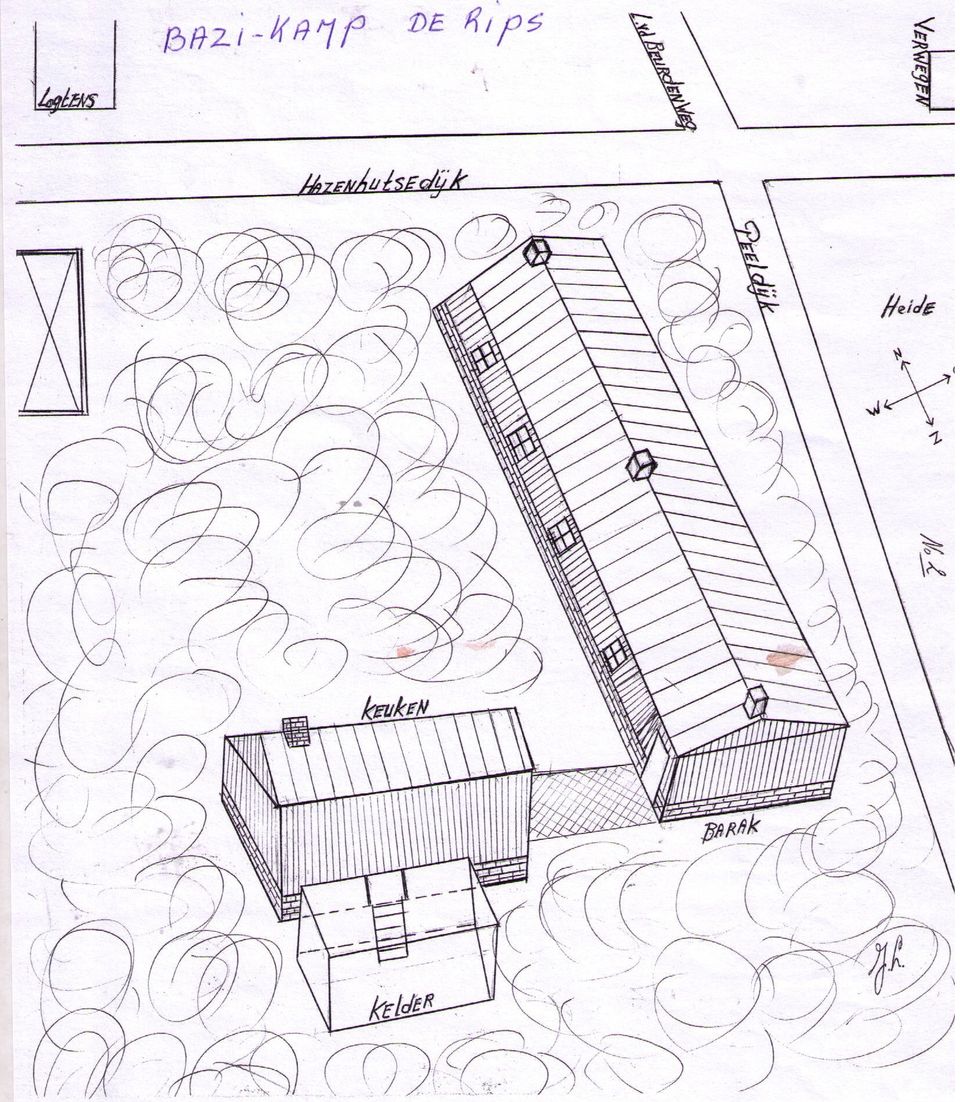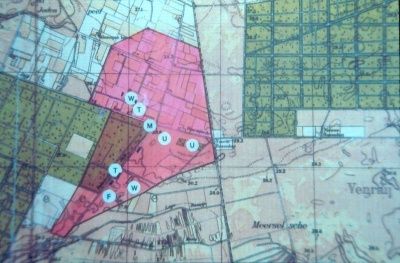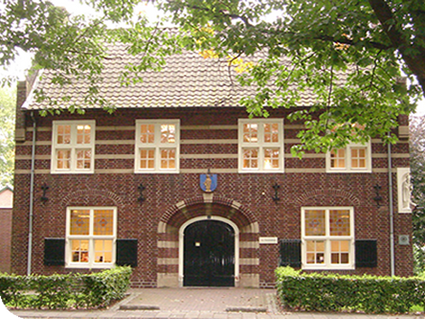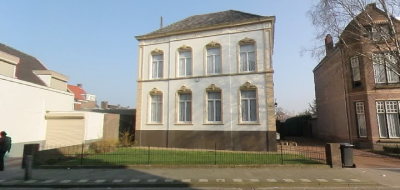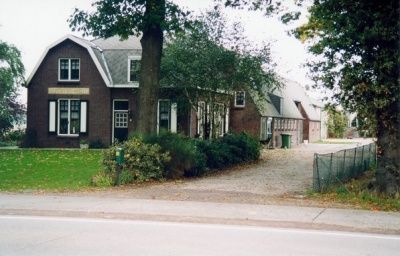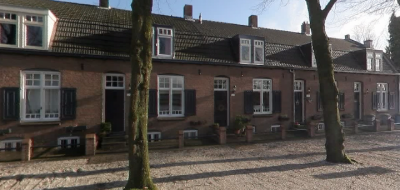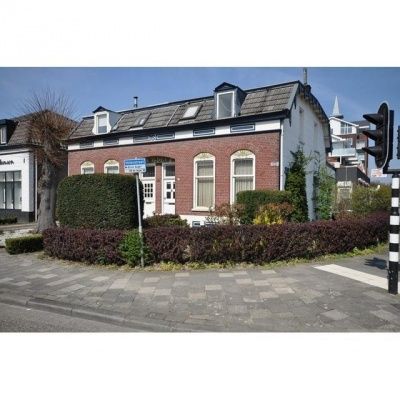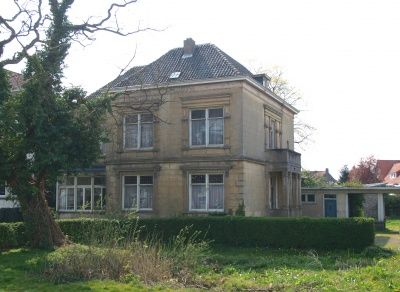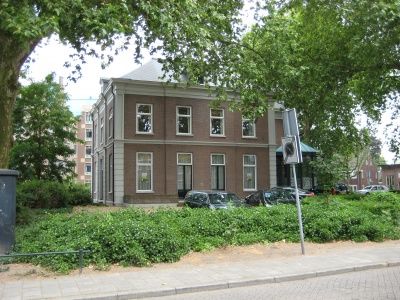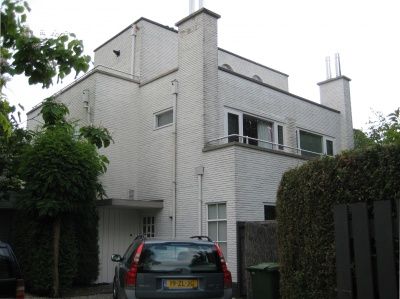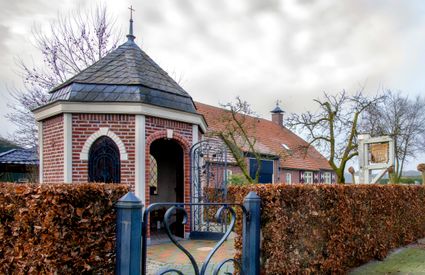WWII: Bazi-kamp (verdwenen) | De Rips
Neem contact op
Contents
1 A secret German radar post in the Peel
2 Bazi Camp short version as on info panel De Rips
3 The name Bazi
4 Purpose: protecting Germany
5 Dolle Dinsdag
6 Bombardment of Bazi Camp with civilian casualties
7 End of Bazi
8 German air defence at night
9 Line of Kammhuber
10 Illuminated night hunting (helle Nachtjagd)
11 First combat control posts in the Peel
12 Sky beds
13 Dark night hunting (dunkele Nachtjagd)
14 Bazi
15 German radars go blind
16 End of Bazi
A secret German radar post in the Peel Bazi Camp short version as on info panel De Rips
In the winter of 1941-42, a German camp was set up on this site. Around 60 personnel of the German radar station Bazi worked and lived here. During World War II, the camp consisted of a collection of barracks, some transformer houses, a garage, dining hall with kitchen, workshops and about three radars.…
Contents
1 A secret German radar post in the Peel
2 Bazi Camp short version as on info panel De Rips
3 The name Bazi
4 Purpose: protecting Germany
5 Dolle Dinsdag
6 Bombardment of Bazi Camp with civilian casualties
7 End of Bazi
8 German air defence at night
9 Line of Kammhuber
10 Illuminated night hunting (helle Nachtjagd)
11 First combat control posts in the Peel
12 Sky beds
13 Dark night hunting (dunkele Nachtjagd)
14 Bazi
15 German radars go blind
16 End of Bazi
A secret German radar post in the Peel Bazi Camp short version as on info panel De Rips
In the winter of 1941-42, a German camp was set up on this site. Around 60 personnel of the German radar station Bazi worked and lived here. During World War II, the camp consisted of a collection of barracks, some transformer houses, a garage, dining hall with kitchen, workshops and about three radars.
The name Bazi
The Germans gave their radar stations the name of an animal as a code. The initial letter of that name stood for a (larger) place in the immediate vicinity. Bazi stood for BACIL with the B of Bakel.
Purpose: protecting Germany
The Bazi station was part of a chain of radar stations. The chain ran from the Swiss border to the northernmost tip of Denmark. The station, in cooperation with night fighter aircraft, had to protect Germany from night attacks by British bombers.
Dolle Dinsdag
After 'Dolle Dinsdag', the camp was abandoned by the staff on 8 September 1944. The following day, a German destruction squad arrived. They blew up the radars and set fire to all the buildings.
Bombing of Bazi Camp with civilian casualties
On the morning of 17 September 1944, US Flying Fortresses carried out bombing raids in preparation for the airborne landings of Operation Market Garden. In the process, all known German anti-aircraft positions on the route for aircraft carrying paratroopers were bombed. Although the Bazi camp was already abandoned, it was still attacked with shrapnel bombs. However, the Americans aimed badly, so that at the Gelden family two children, Henkie and Marietje and at the Voermans family daughter Mientje were killed by bombs. They were searching for Windows at the time. These are staniol strips (silver paper) that the Allies scattered from aircraft to jam German radars.
End of Bazi
This ended the history of one of the many but little-known radar posts in our country. Only the basement of the camp building remains. This is now used as a bat cellar. However, the concrete feet on which the radars stood can still be seen in the field.
Source: Rip info panels. B. Ploegmakers.
German air defence at night
The code word Bazi was used by the German occupation forces to designate a radar post near the village of De Rips. This radar post was part of a long chain between Denmark and the Swiss border and intended to detect, at night, invading British bombers, to be shot down by night fighters. In the early stages of the war, the Royal Air Force had carried out a number of daylight attacks on targets in northern Germany. Partly because the Germans, through the use of radar, were well aware of the position of the attacking aircraft, large losses were suffered in these. The British had to admit that bombers without fighter escort were no match for the German fighters. Attacks were subsequently shifted to night. This reduced losses, but did not improve the precision of the bombing. Only incidentally were the specified targets found and even then hit by only a few bombs. However, it was to be expected that the British would overcome these problems in the future and night attacks on the Reich would increase.
